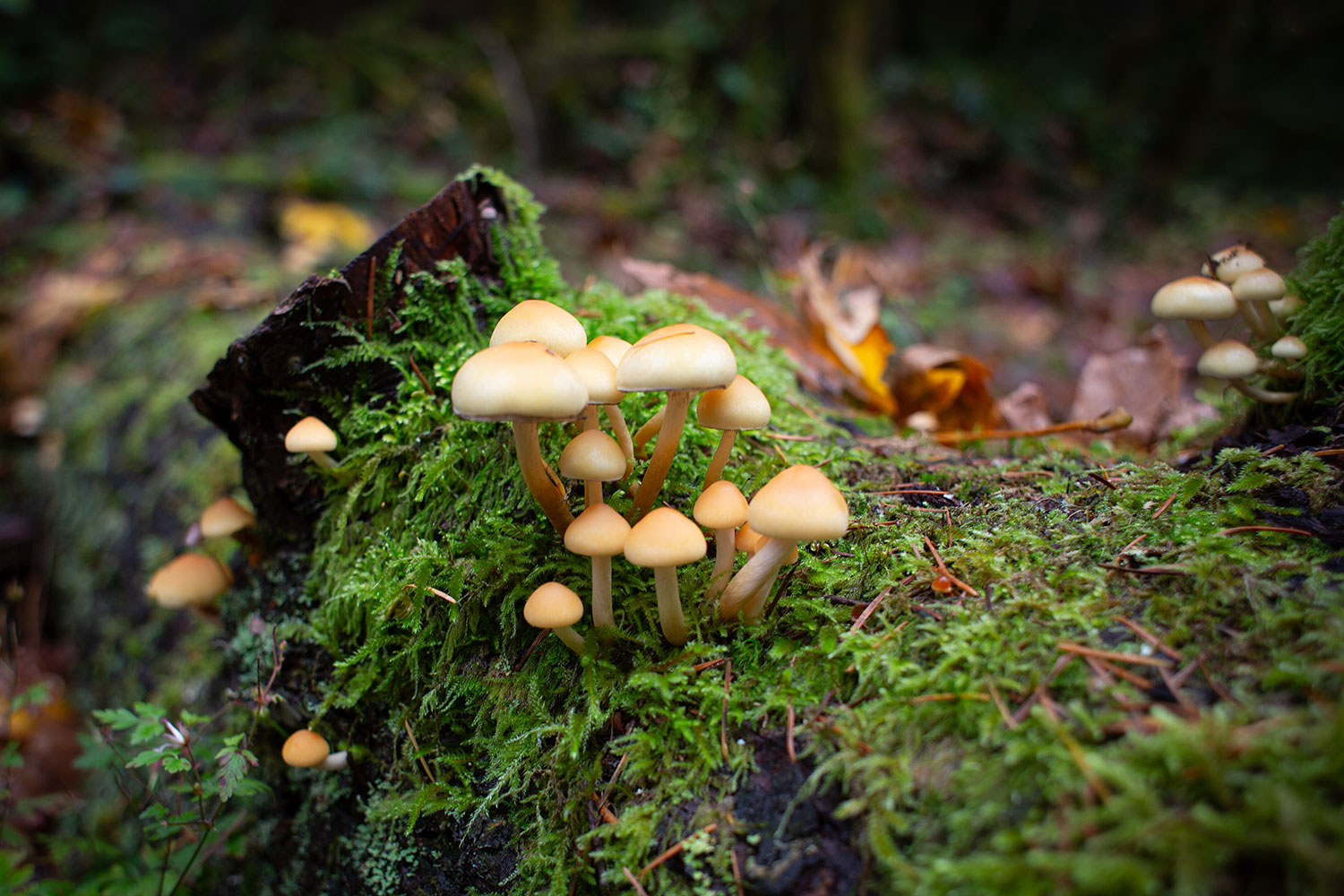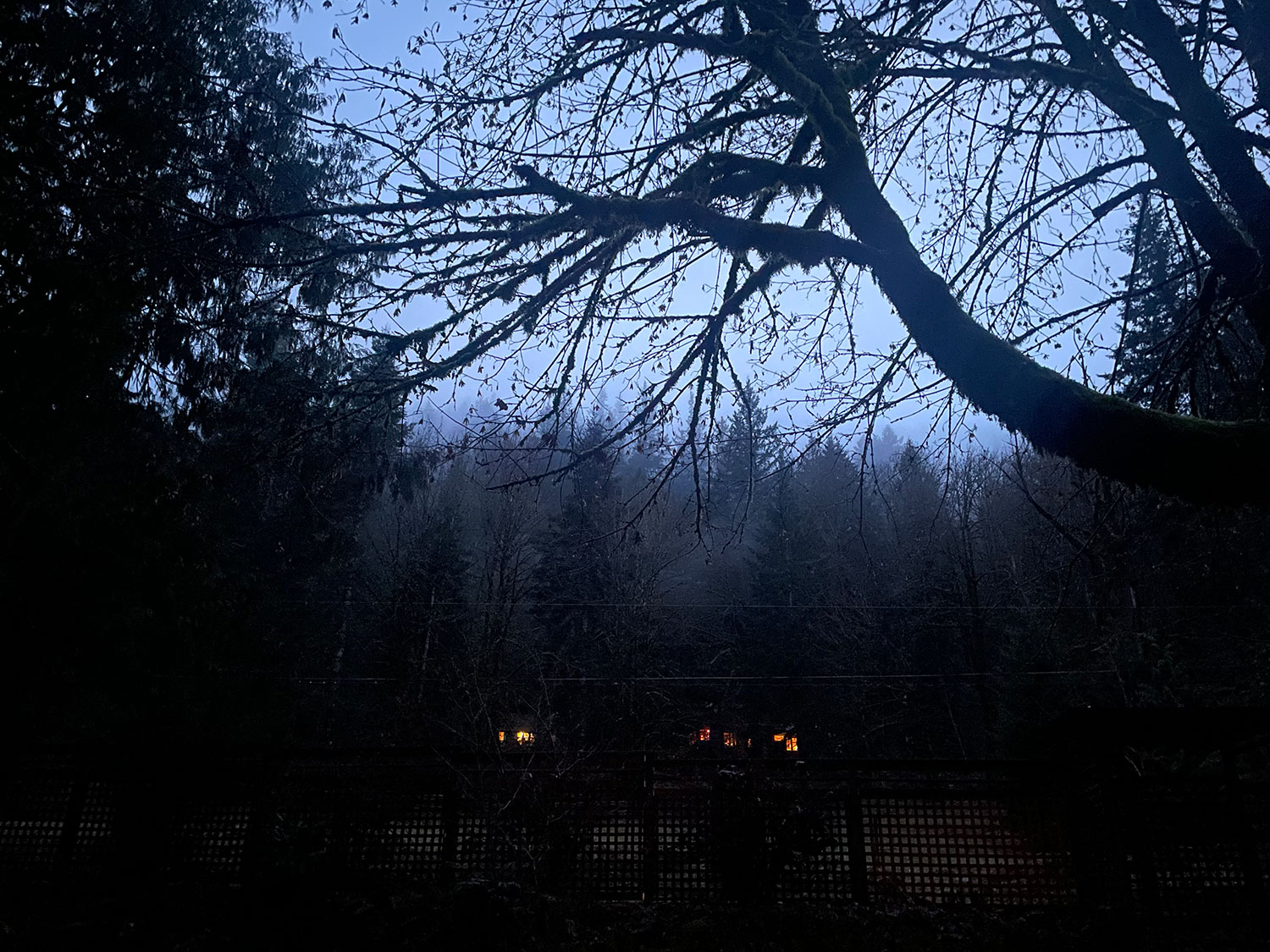November 2024
Citation (79)
8 November 2024, around 7.44.
Ideas die hard. They linger long after their native soil has been supplanted. To their loyal devotees, they case for them never appears entirely hopeless. Every conceivable kind of reinforcement is called upon to save them from utter extinction. Decaying fibres are reanimated by the infusion of new blood. A fresh enchantment is provided for their faded exterior by the liberal application of symbolism and casuistry. In truth, no idea ever becomes so obsolete that it cannot in some form or other, at some time or other, reawaken the enthusiasm which was once its portion. So long as ideas survive in memory, they preserve a hold upon life, however tenuous. Seemingly dead ideas sometimes lead extremely active spectral existences.
the elf of plants
10 November 2024, around 14.36.

We shall by morning / inherit the earth
with reverence be it spoken
12 November 2024, around 14.47.
Young was a poet; poets, with reverence be it spoken, do not make the best parents. Fancy and imagination seldom deign to stoop from their heights; always stoop unwillingly to the low level of common duties. Aloof from vulgar life, they pursue their rapid flight beyond the ken of mortals, and descend not to earth but when obliged by necessity. The prose of ordinary occurrences is beneath the dignity of poetry. (p. 388)
* * *
Again, Young was a poet and again, with reverence be it spoken, poets by profession do not always make the best clergymen. If the author of the Night Thoughts composed many sermons, he did not oblige the public with many. (p. 410)
glithery, an anthology
20 November 2024, around 4.28.
“Deary me, Miss Kate, don’t ye talk so, don’t ye now! You make me feel that glithery! Dear heart, I thought I saw a man’s face peep out o’ yonder pricket!”
“Nonsense; there is no one,” said Kate.
When I think of […] those men turning away shamefaced when mother and daughter cried over each other, it makes me hot all over. Do you know, when I slipped off one of them got in my way and shook hands. He said nothing. That would have spoilt it. But I saw the confounded gas-lamps all glithery for a minute.
Oiled silk…. Of course—that was what her fingers had touched in the dark, slipping from the clasp to its cold glitheriness. No wonder she had thought about snakes. Nothing except a snake could feel so like one as oiled silk.
Disappointed, I crossed the river, and took the first path to the right: a Sinhalese sign-post helped not at all, but Ceylon Rest Houses have the entirely commendable idea of hanging up the local one-inch map-sheet. A motorable road has replaced that path since my last visit, but for me it was “een seer slycherige en glibberige Wegh” in [Fryke] Schweitzer’s delightful phrase which so well suggests “slithery and glithery”.
A view (61)
22 November 2024, around 17.01.

Adversaria (20)
30 November 2024, around 4.47.
‘The greatest opportunity anybody can have is to live in a free society as one among many who are fully capable of taking advantage of its freedom; but to take advantage of that opportunity, each must develop the cooperative virtues of good faith and benevolence’ —Alan Donagan (‘Spinoza’s Theology’ in The Cambridge Companion to Spinoza, p. 376)
‘The power of the unconscious requires more respect than logic, tradition and the Constitution of the United States’ —James Hollis (The Middle Passage: From Misery to Meaning in Midlife, p. 57)
‘She does not like the exclusion of opposition, the idea of the absolute, the positive distinction between mind and matter; she prefers the notions of complementarity, or circulation, influx, of action at a distance, of a model, and the idea of order as an organic totality’ —Jacques Gernet (A History of Chinese Civilization2, trans. J.R. Foster and Charles Hartman, p. 32)
‘One of the grandest of those illusions is that there is some Ultima Thule called Happiness, a real state which one can discover and in which one can live permanently. Sadly, our lot more often is to wallow in the swamplands of the soul, victimized by sundry dismal denizens’ —James Hollis (The Middle Passage: From Misery to Meaning in Midlife, p. 107)
‘Just as history is not made by the brute facts but by the natural dynamism immanent in them which the historian must seek to grasp by intuition, so the true object of painting does not reside in the concrete representation of the visible but in the apprehension of the metamorphoses of being’ —Jacques Gernet (A History of Chinese Civilization2, trans. J.R. Foster and Charles Hartman, p. 344)
‘When a young man who ordinarily presents a particularly blank countenance to the world suddenly lapses into a display of temper, there is undoubtedly something amusing about the exhibition’ —Patricia Wentworth (Weekend with Death, 30%)
‘We won’t hand rehandle or reinterpret it, we’ll create history and forget about it, events will be our instant history, but history as events not history as discourse. We won’t allow you verbiage-mongers to add the water, we‘ll scatter the self-consuming ashes to the winds and move on into the next instant. That’ll be one thing less for kids to break their brains and be made miserable with in competition, and there’ll be others, plenty of other things we’ll drop in the next civilization mark my words’ —Christine Brooke-Rose (Amalgamemnon, trans. p. 109)
